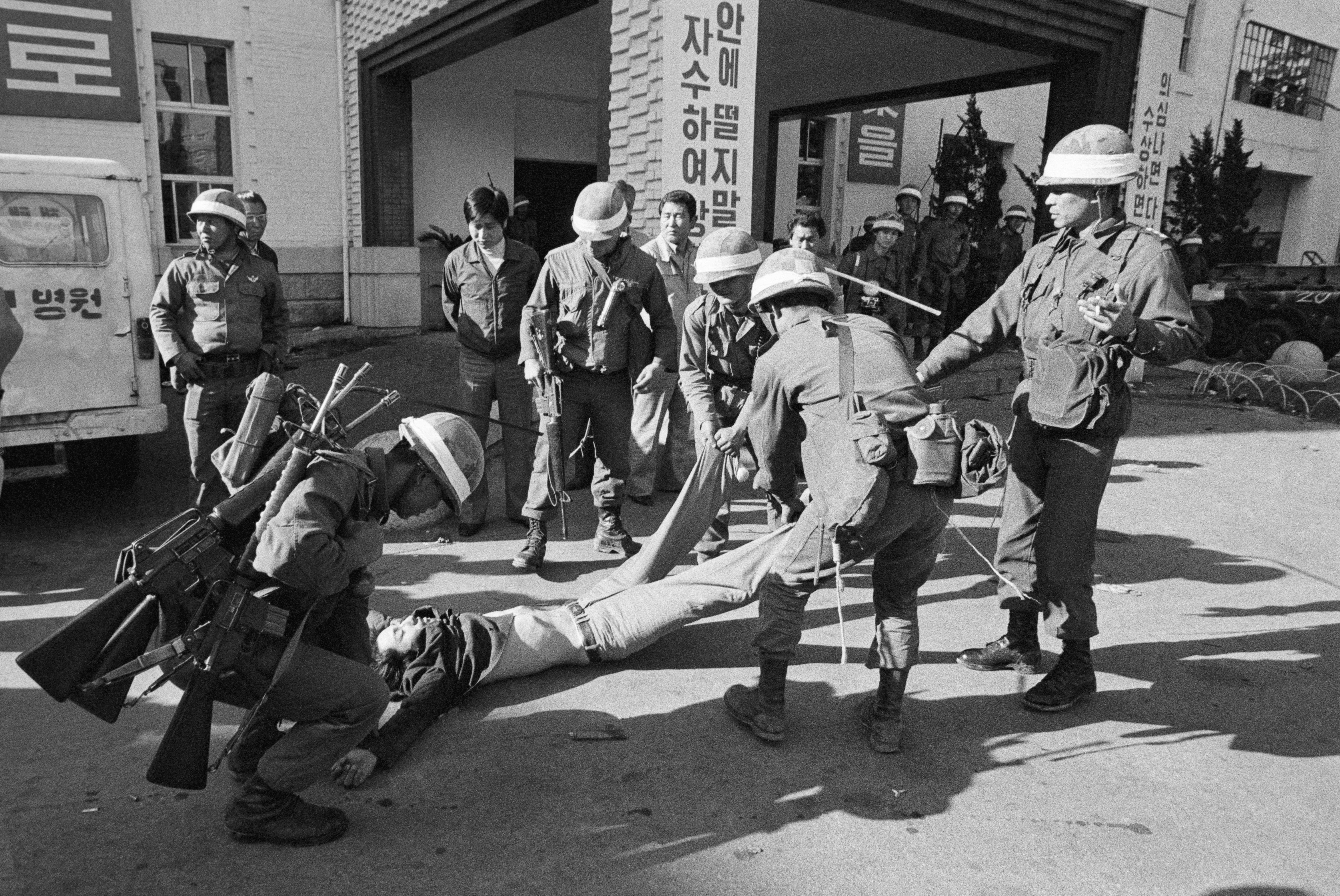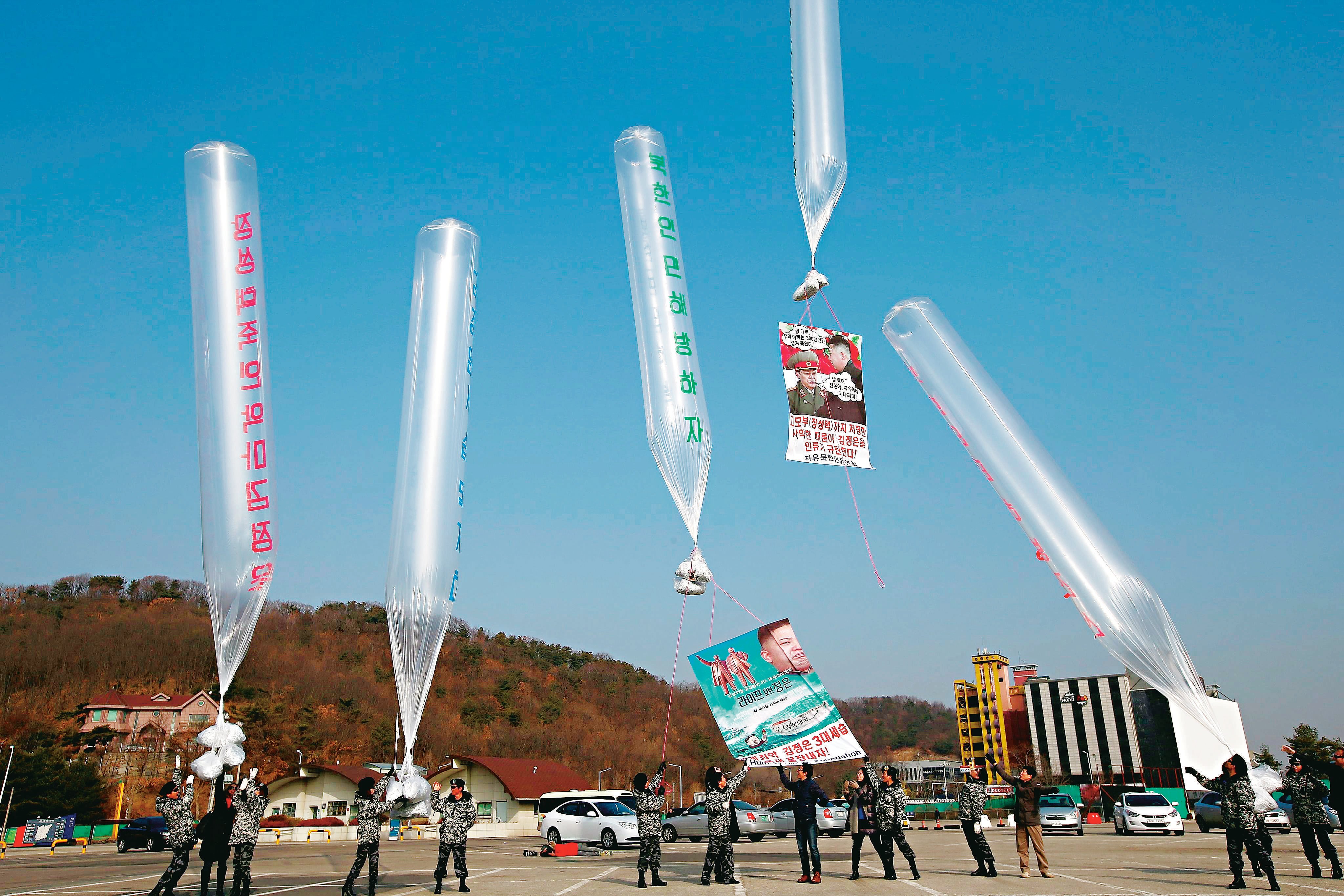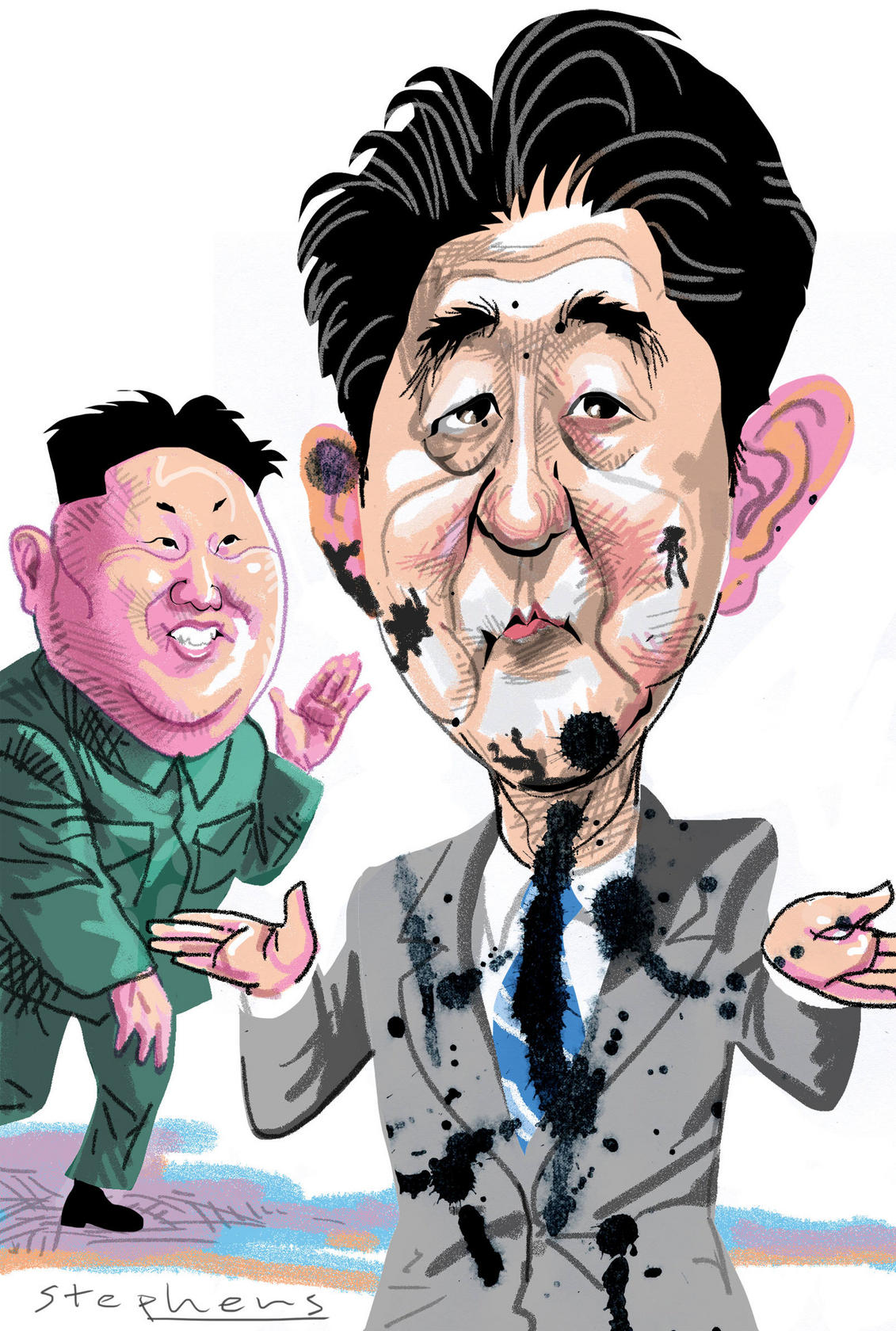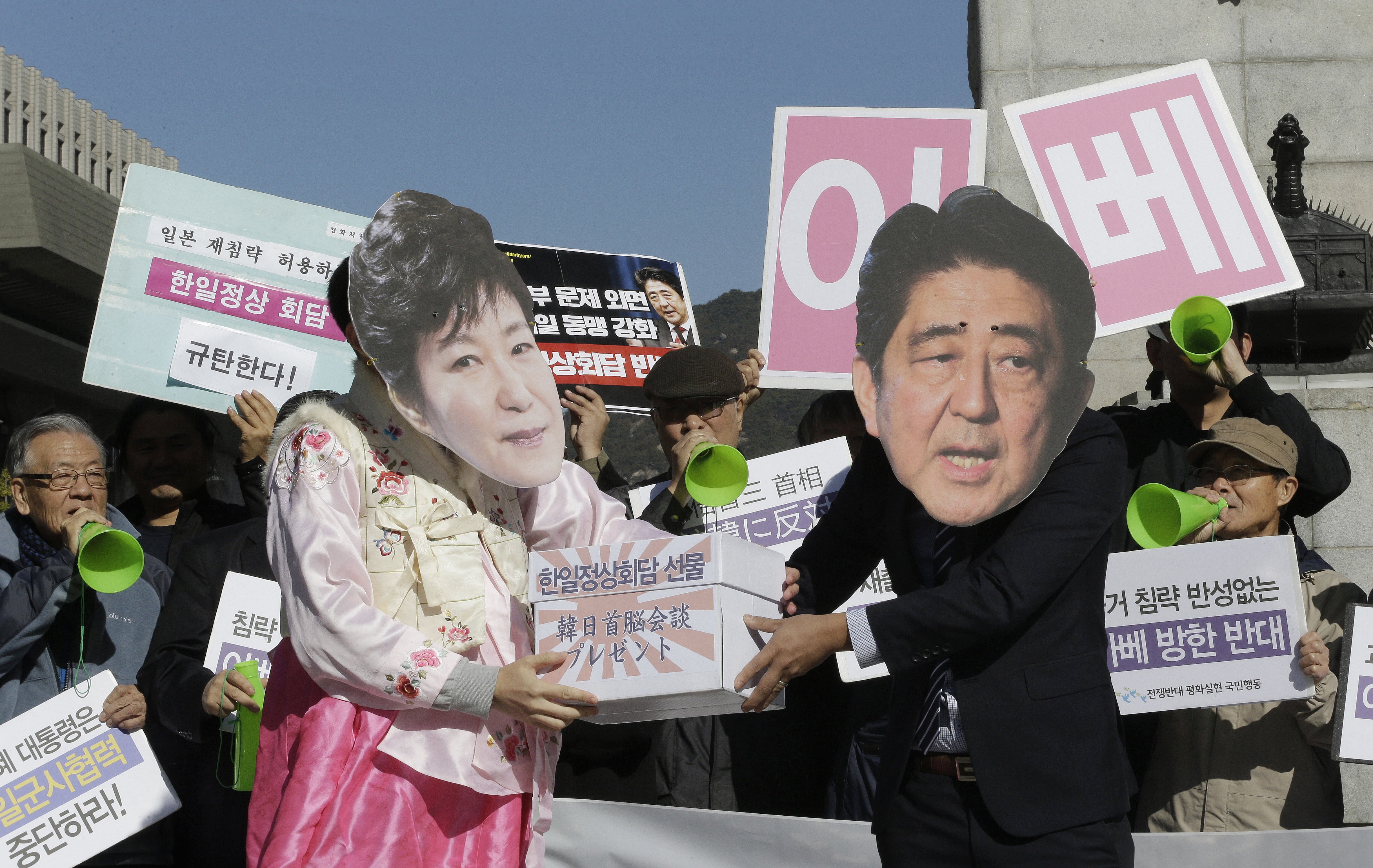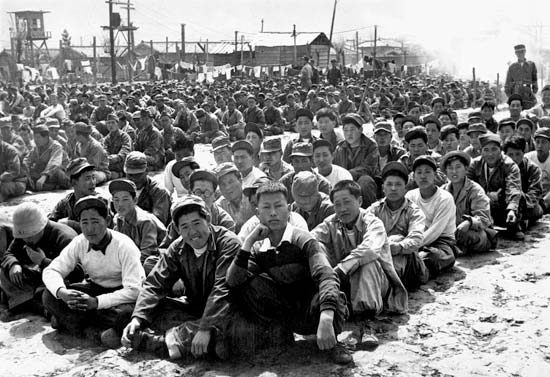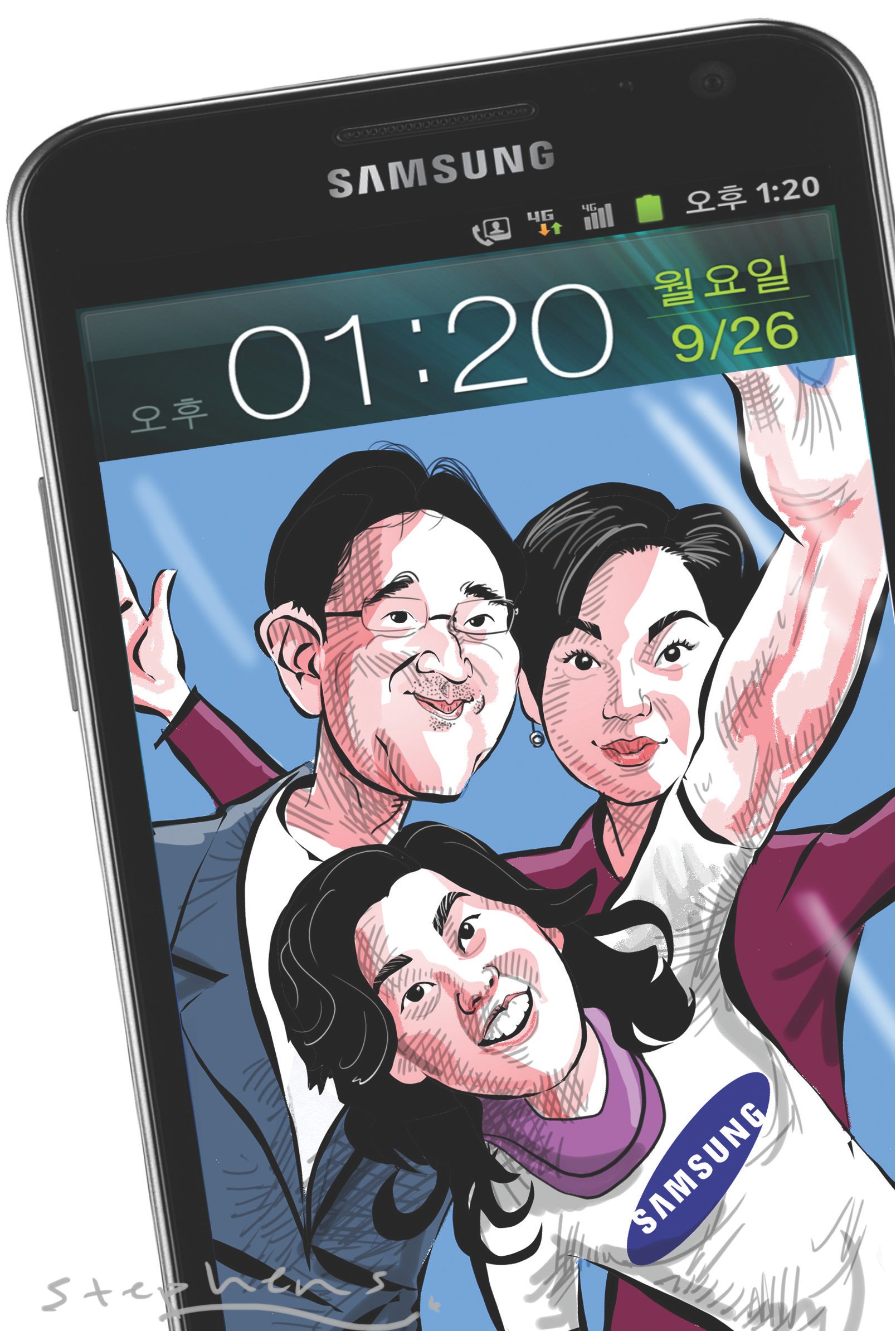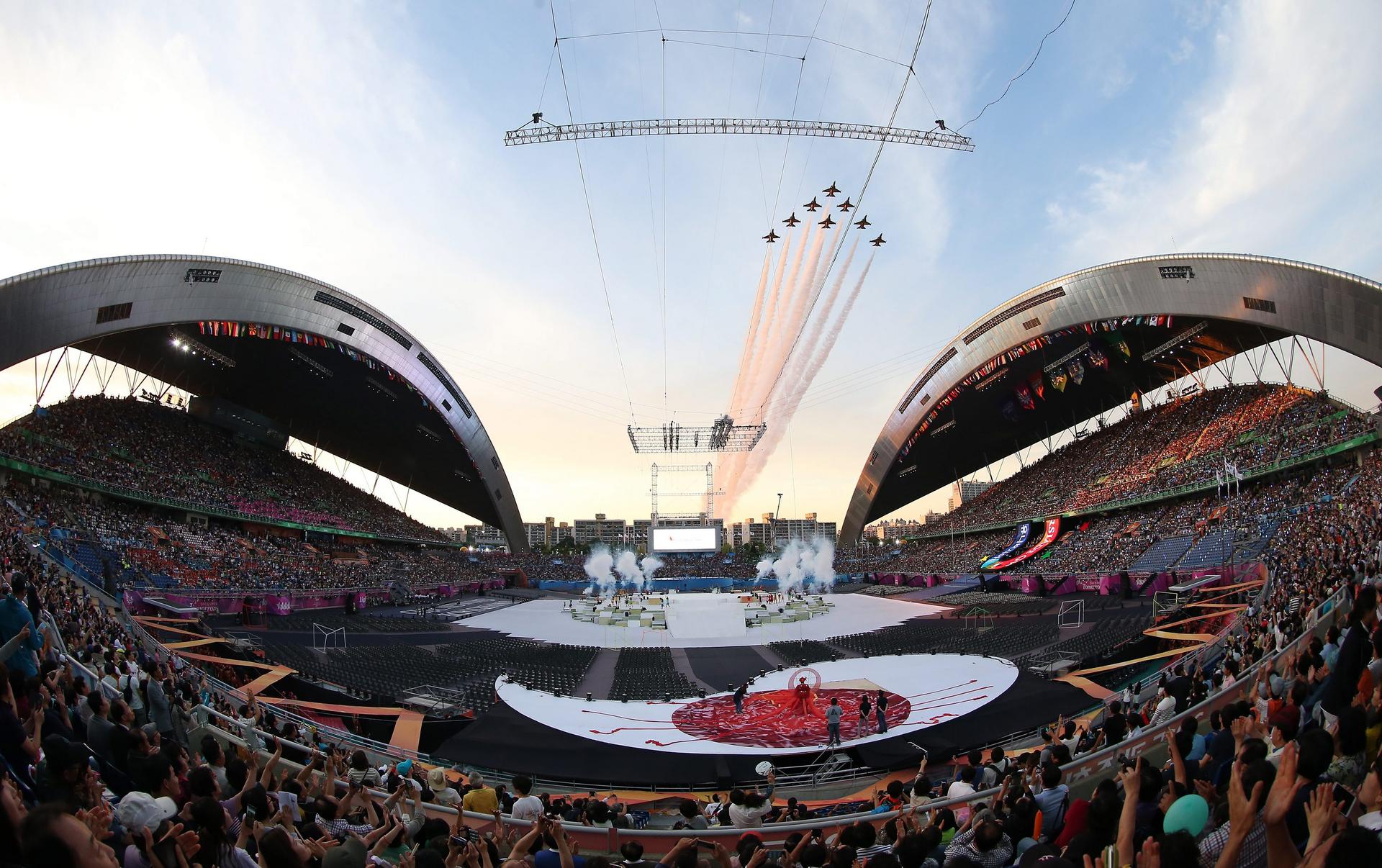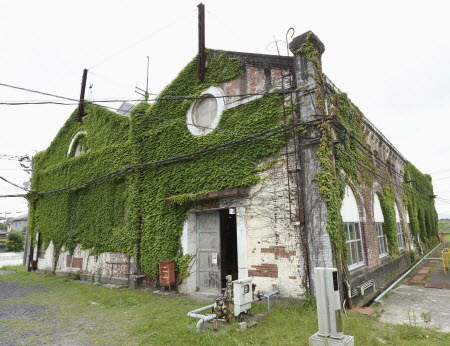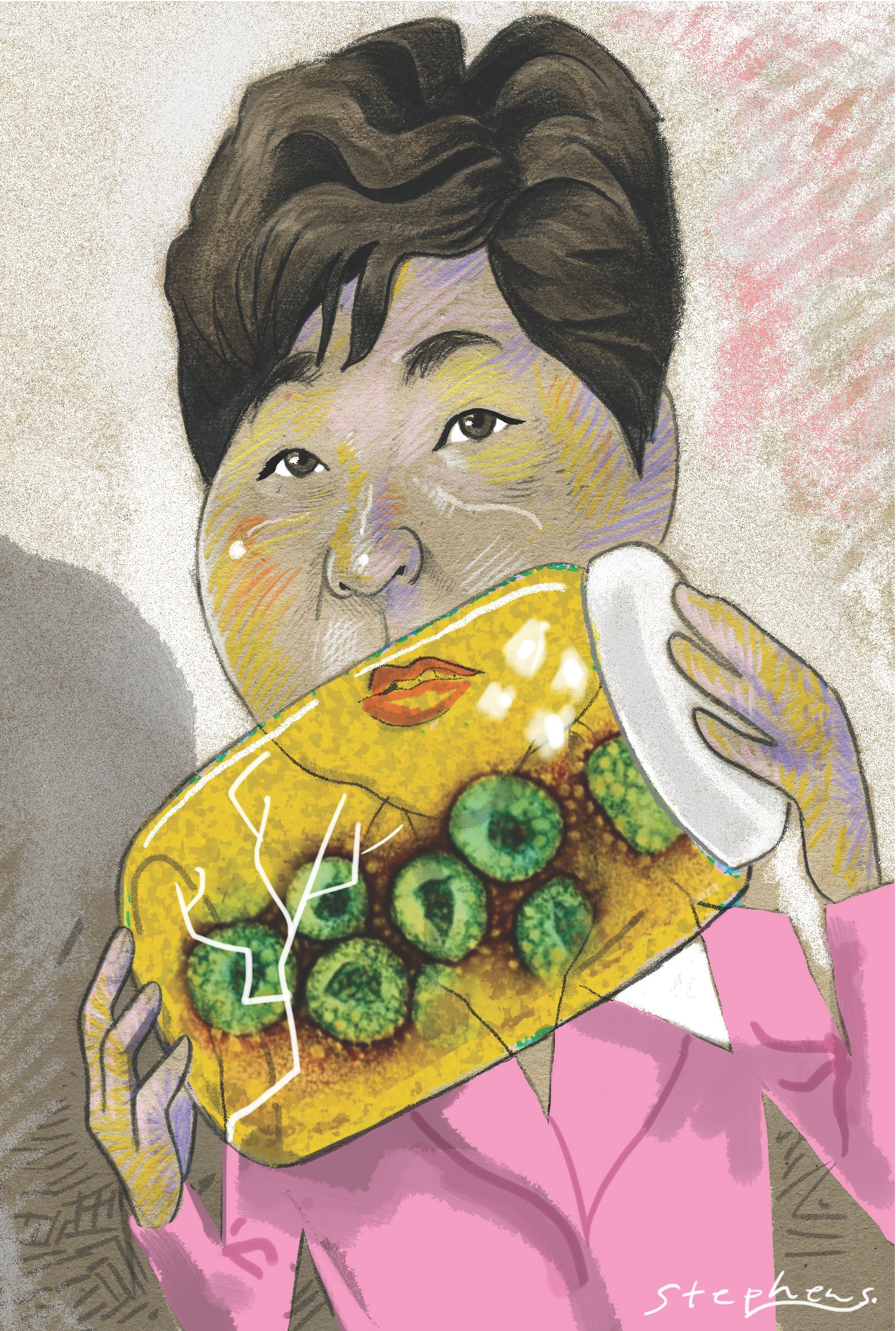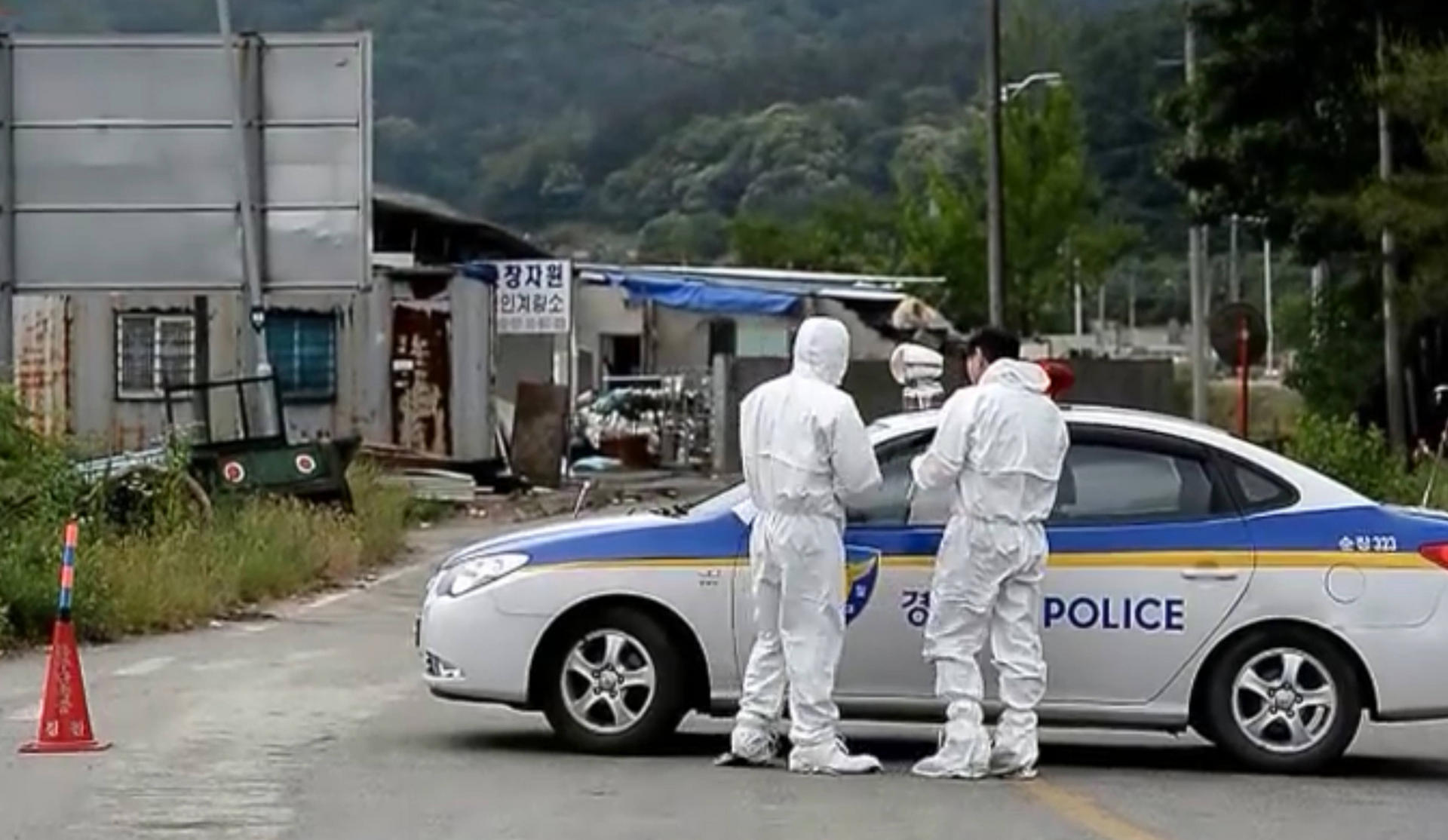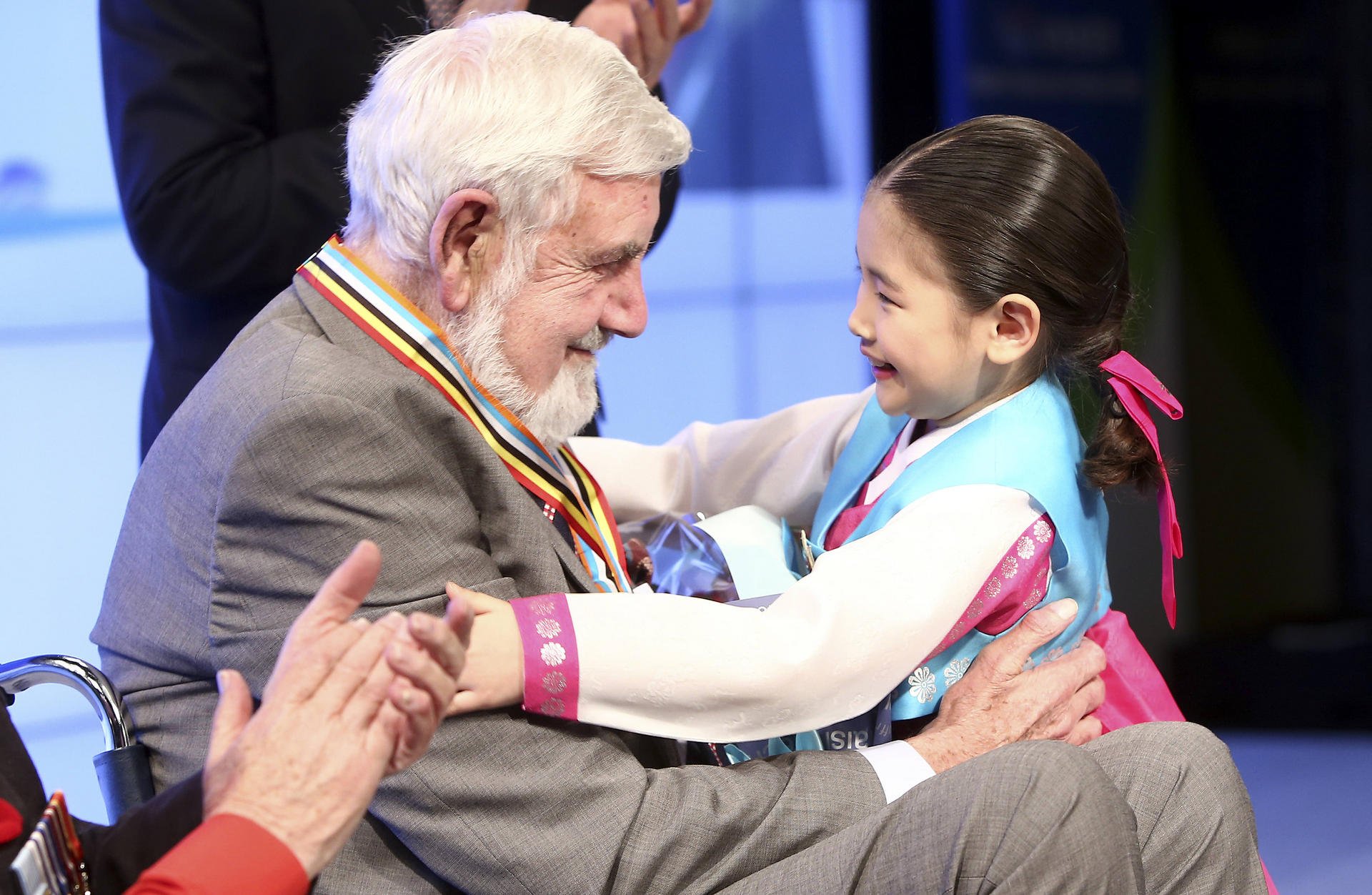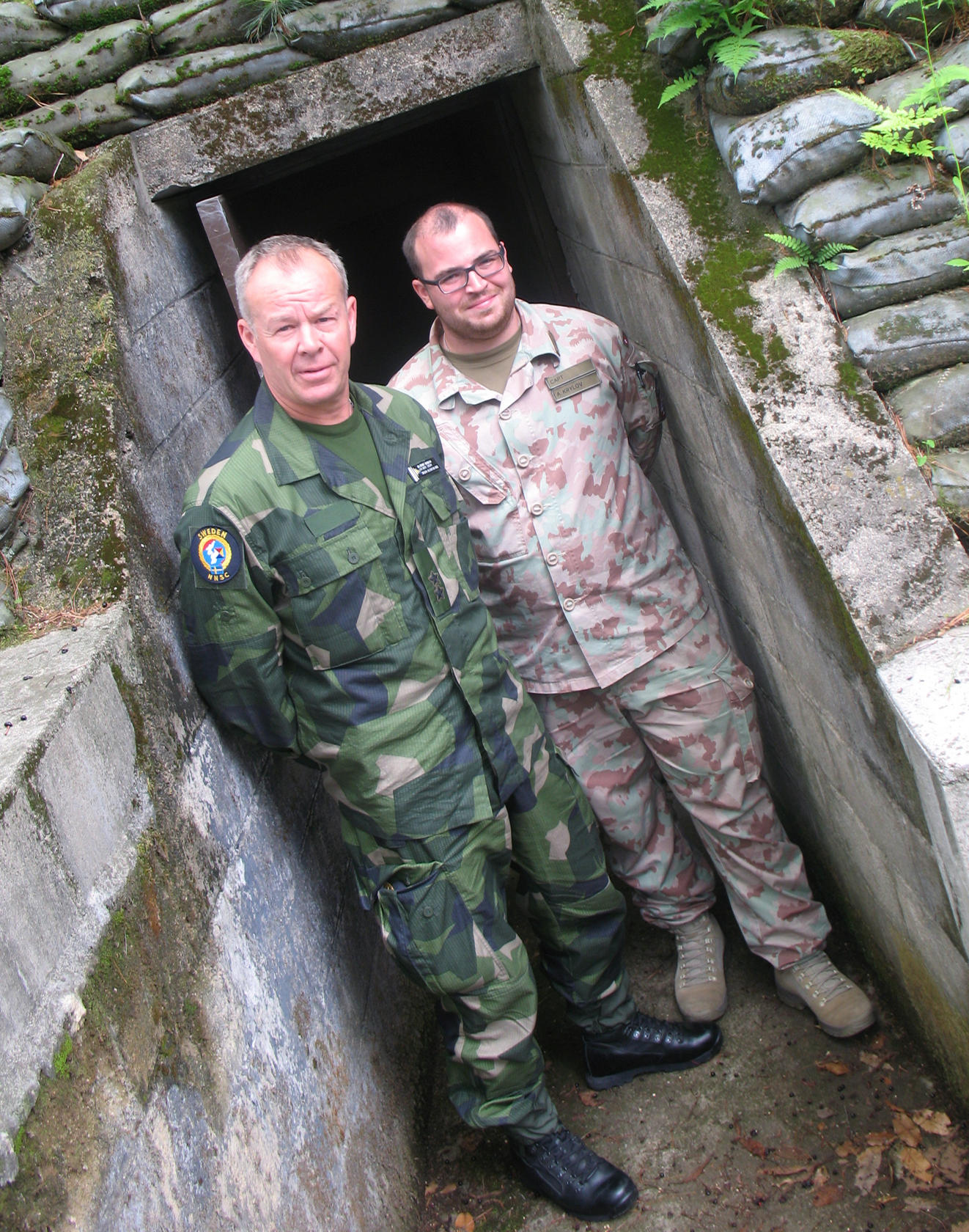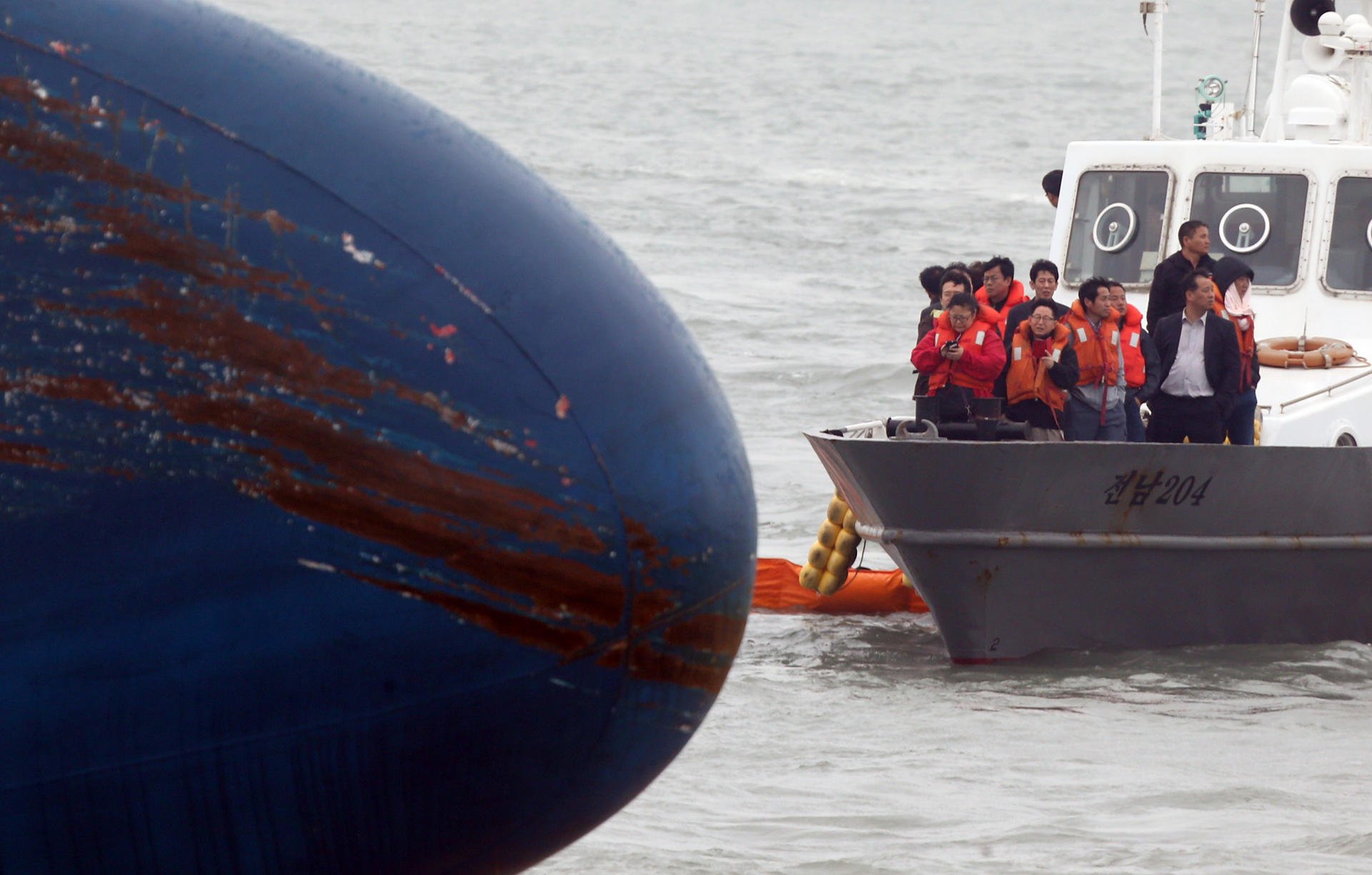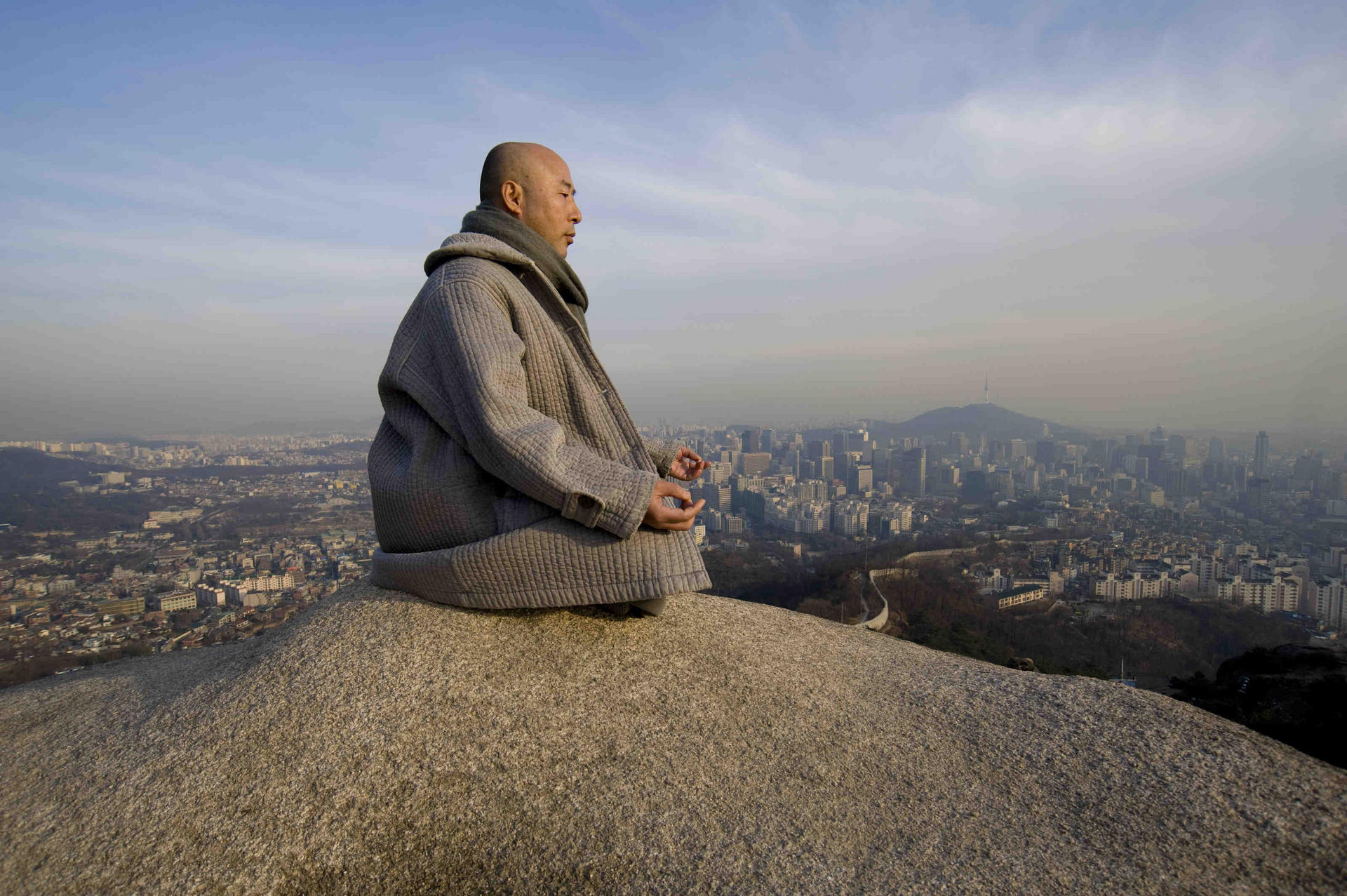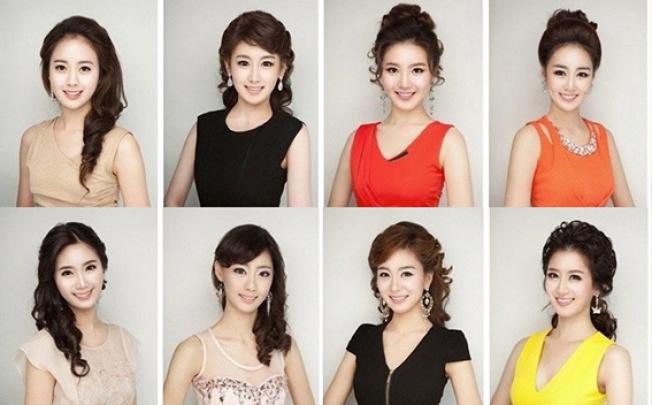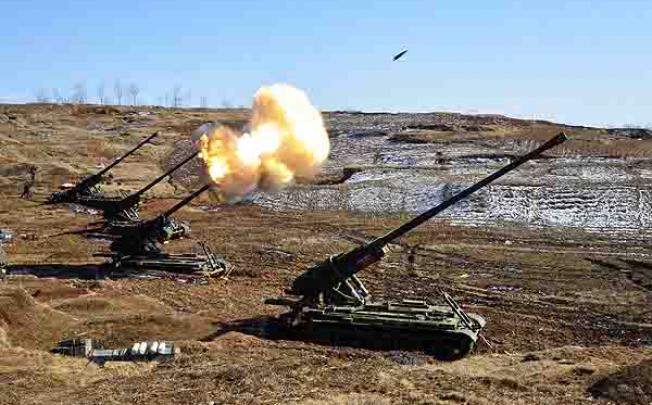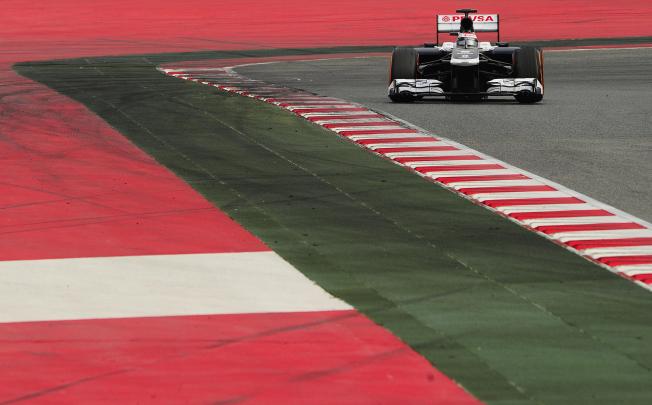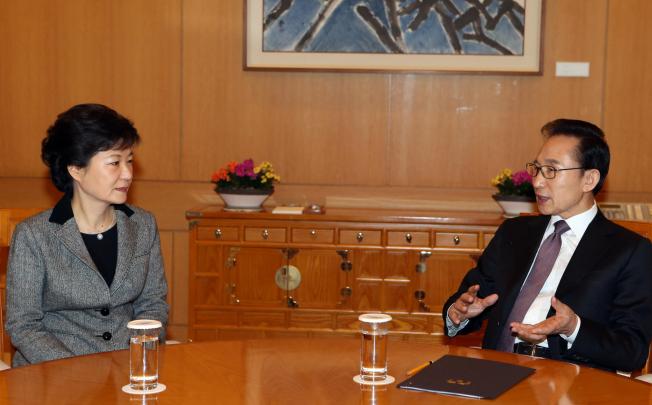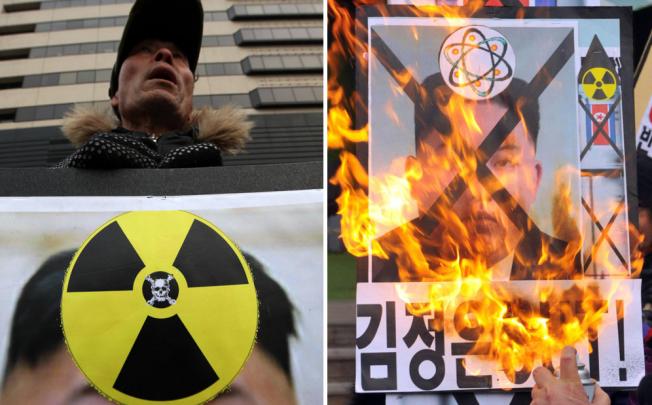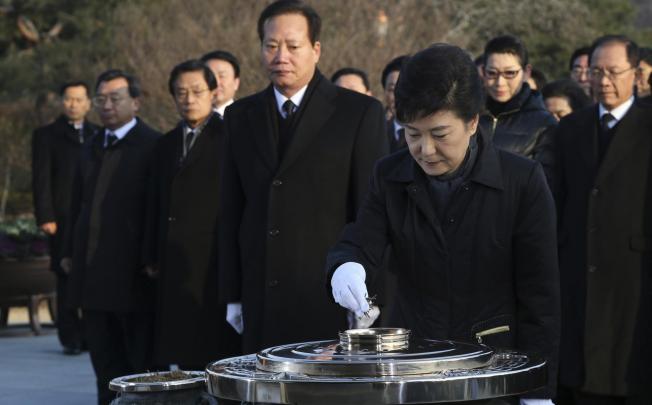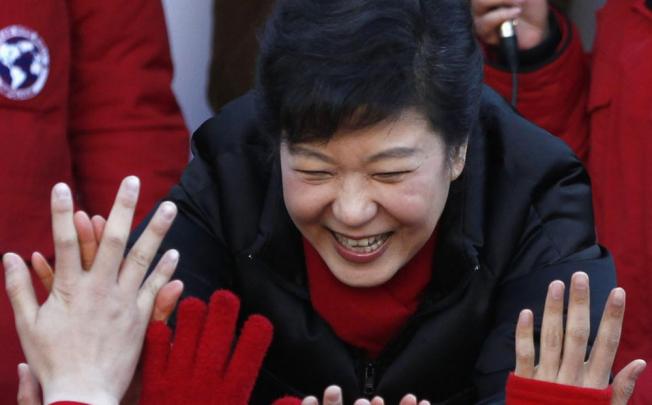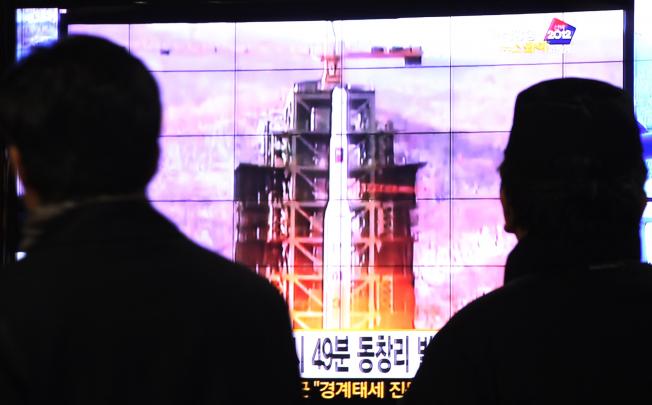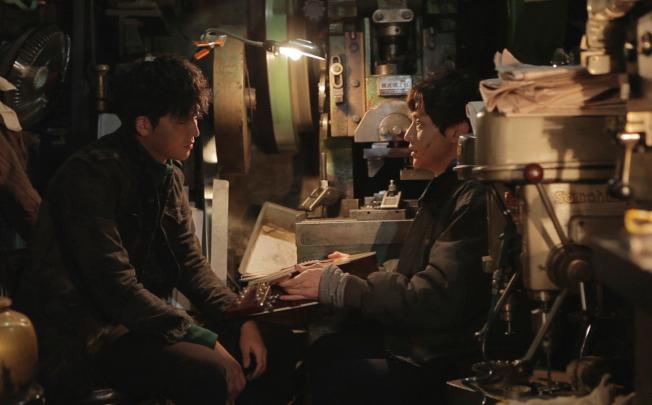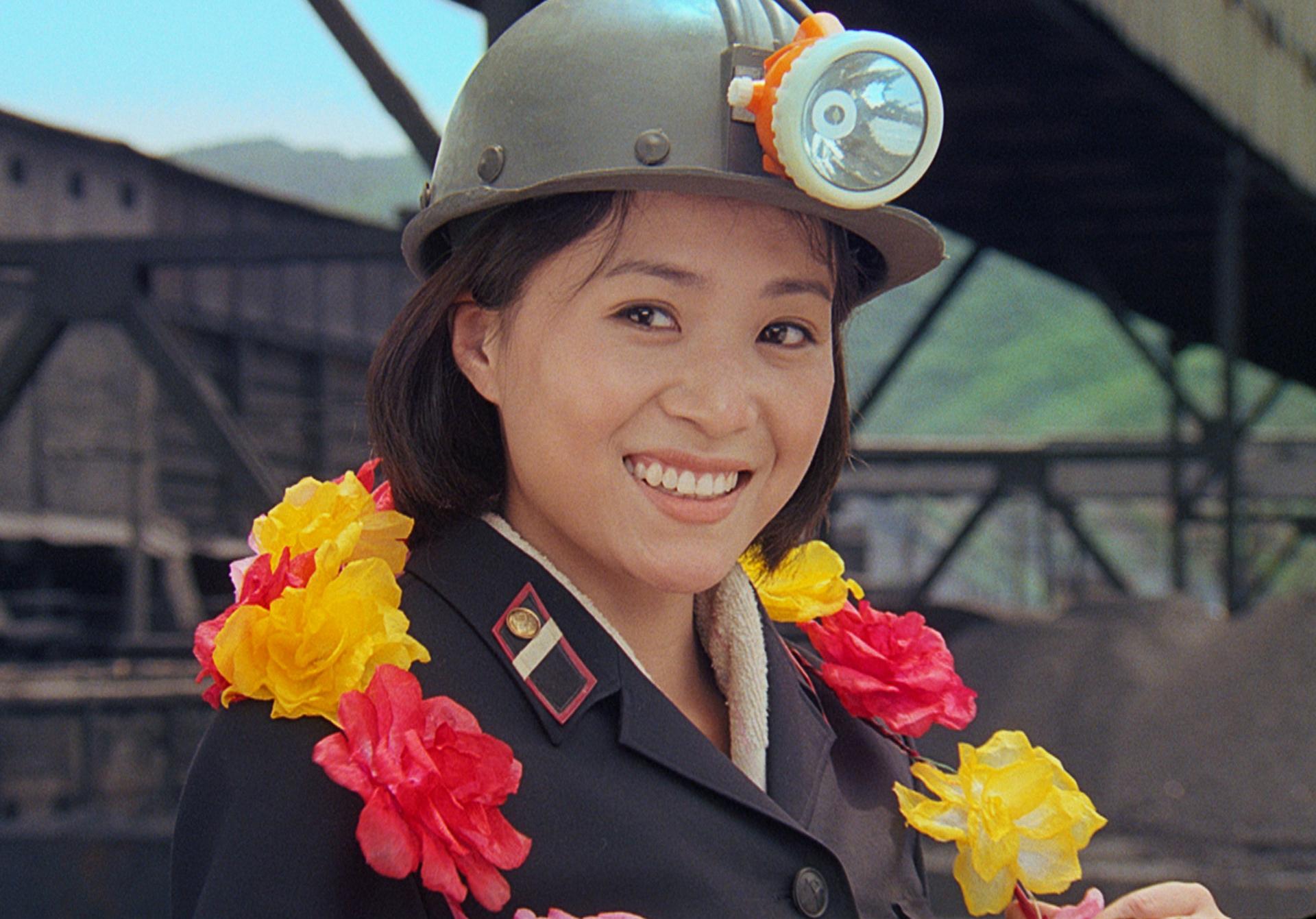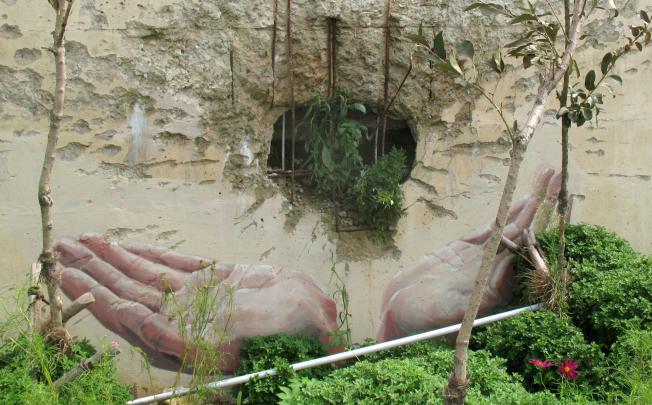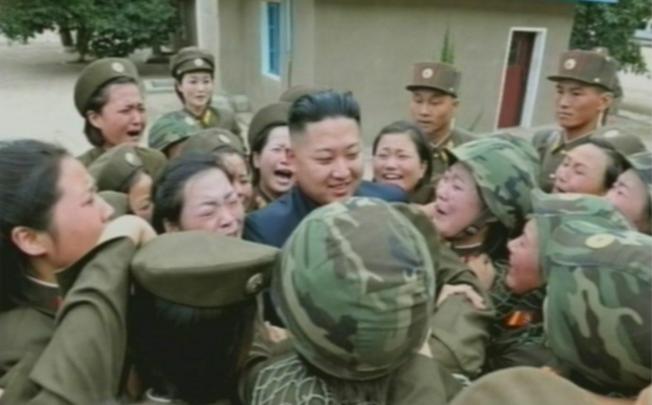Advertisement
Advertisement
Andrew Salmon
Advertisement
An entire town has been quarantined in South Korea in a fresh scare over Middle East respiratory syndrome (Mers), as the World Health Organisation comes under renewed criticism from a leading Hong Kong infectious diseases expert.
A hero of the Korean war who presented his medals to the people of South Korea has asked, in return, only for his ashes to be scattered on the soil of the nation.
South Korea's spy agency allowed a chink of daylight into its shadowy world as it threw open its doors to foreign media.
Surrounded by the minefields, artillery emplacements and fortifications of the world's most militarised frontier, the truce village of Panmunjom squats in the very centre of Korea's Demilitarised Zone.
As the scale of the Sewol ferry disaster inexorably expands, the nation faces a difficult question: Did an aspect of Korea's social culture contribute to the high death toll?
In an impoverished nation, and just a few minutes' drive from the world's most heavily armed border, stands an unlikely outpost of capitalism.
Kim Jong-un, who marks his second year in power in Pyongyang this week, has shown himself to be more politically gifted than his father, as well as more risk tolerant and more reformist. But for each of these attributes there is a significant caveat: the recent execution of his uncle suggests both ruthlessness and paranoia.
The spectacular Mount Bugak, around which the megalopolis of Seoul has blossomed, has an ancient and, recently, blood-soaked history
Is a fad for cosmetic surgery transforming South Korea's beauty queens into the kind of identikit clones previously favoured in North Korea's robotic military parades?
While most South Koreans shrug off North Korean threats with their customary "so what?" attitude towards the threatening regime, some signs suggest the rolling crisis in North-South relations is causing at least some nerves to fray.
With its latest nuclear test, North Korea, a country that thrives on paranoia, has thrown down the gauntlet to the one person in South Korea who was poised to ease tensions with Pyongyang: President-elect Park Geun-hye.
Was North Korea's third test of a nuclear weapon proof that it has mastered a uranium-based detonation, a more sinister threat than the plutonium-based devices it tested previously?

